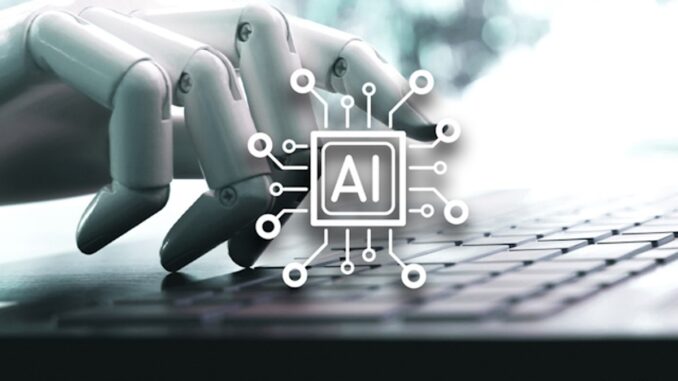
AI is significantly transforming various aspects of research across multiple fields. Here are several key ways in which AI is making an impact:
1. **Data Analysis**: AI algorithms can process and analyze vast amounts of data much more quickly and accurately than traditional methods. Techniques like machine learning enable researchers to uncover patterns and insights in complex datasets that would be difficult to discern manually.










2. **Literature Review and Knowledge Discovery**: AI tools can assist in searching and reviewing scientific literature efficiently. Natural language processing (NLP) can summarize articles, identify trends, and even extract relevant information from a pool of research papers, helping researchers stay updated with the latest findings.
3. **Predictive Modeling**: In fields like healthcare, environmental science, and social sciences, AI can be used to develop predictive models that forecast outcomes based on existing data. This capability can lead to proactive solutions in areas such as disease prevention and climate change mitigation.
4. **Experimental Design**: AI can help optimize experimental designs by identifying the most relevant variables and suggesting the best methodologies, potentially saving time and resources. Techniques like reinforcement learning can guide researchers in navigating complex experimental scenarios.
5. **Automation of Routine Tasks**: AI can automate repetitive tasks such as data collection, data entry, and even certain aspects of data analysis, allowing researchers to focus on more complex and creative aspects of their work.
6. **Interdisciplinary Research**: AI facilitates collaborative research across disciplines by providing tools that can integrate and analyze data from various fields. This encourages innovative approaches to complex problems that require diverse expertise.
7. **Enhanced Simulation and Modeling**: In fields such as physics, biology, and engineering, AI-driven simulations can create detailed models of systems that help researchers visualize and predict behaviors in a controlled environment, leading to deeper insights.
8. **Personalized Research Assistance**: AI-driven tools can provide personalized research recommendations, helping scientists discover relevant research topics, collaborators, and funding opportunities based on their interests and past work.
9. **Ethics and Bias Considerations**: As AI becomes more integrated into research, it also raises important questions about ethics, data privacy, and bias. Researchers must navigate these challenges while leveraging AI tools to ensure responsible and equitable use of technology.
10. **Rapid Prototyping and Innovation**: In product development and engineering research, AI can speed up prototyping processes by using generative design principles that explore a wide range of design variations quickly, helping researchers innovate faster.
As AI technology continues to evolve, its applications in research will likely expand, offering new opportunities and challenges that the academic and research communities will need to address.


Leave a Reply